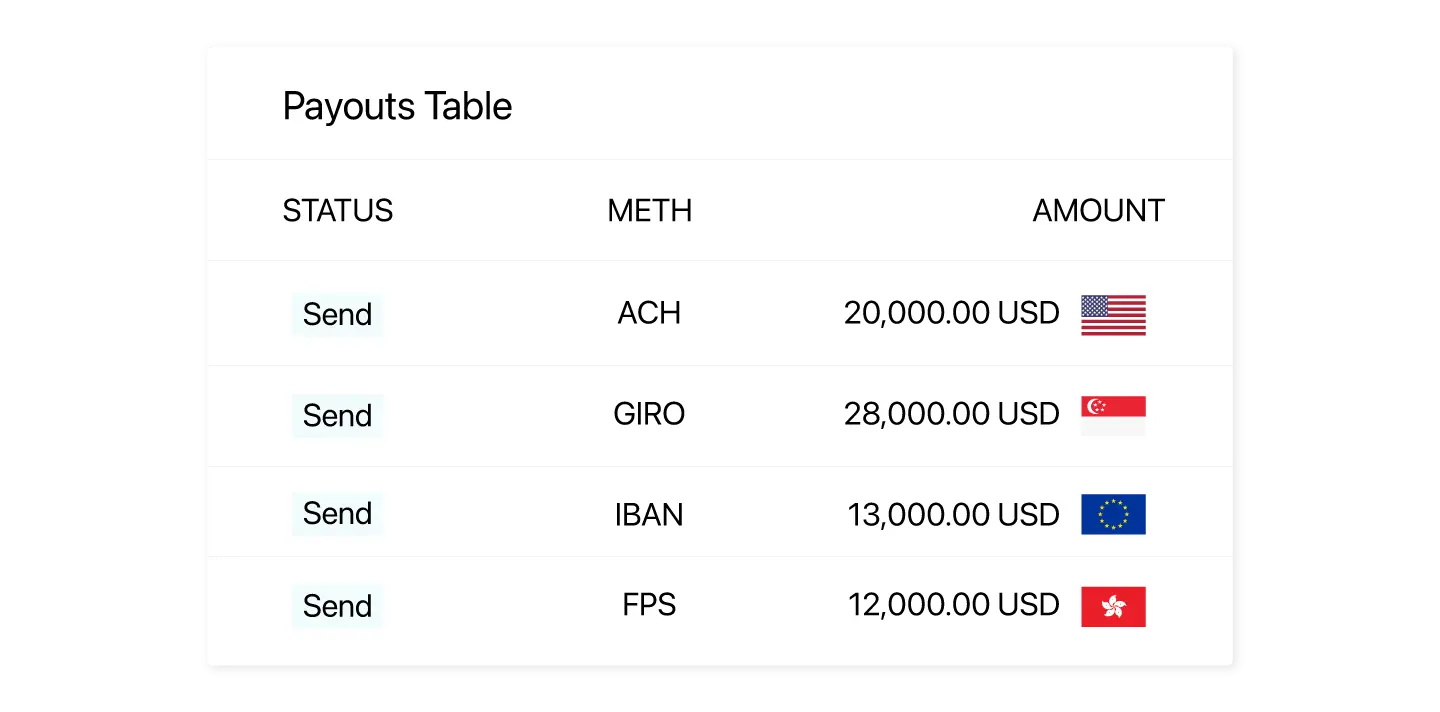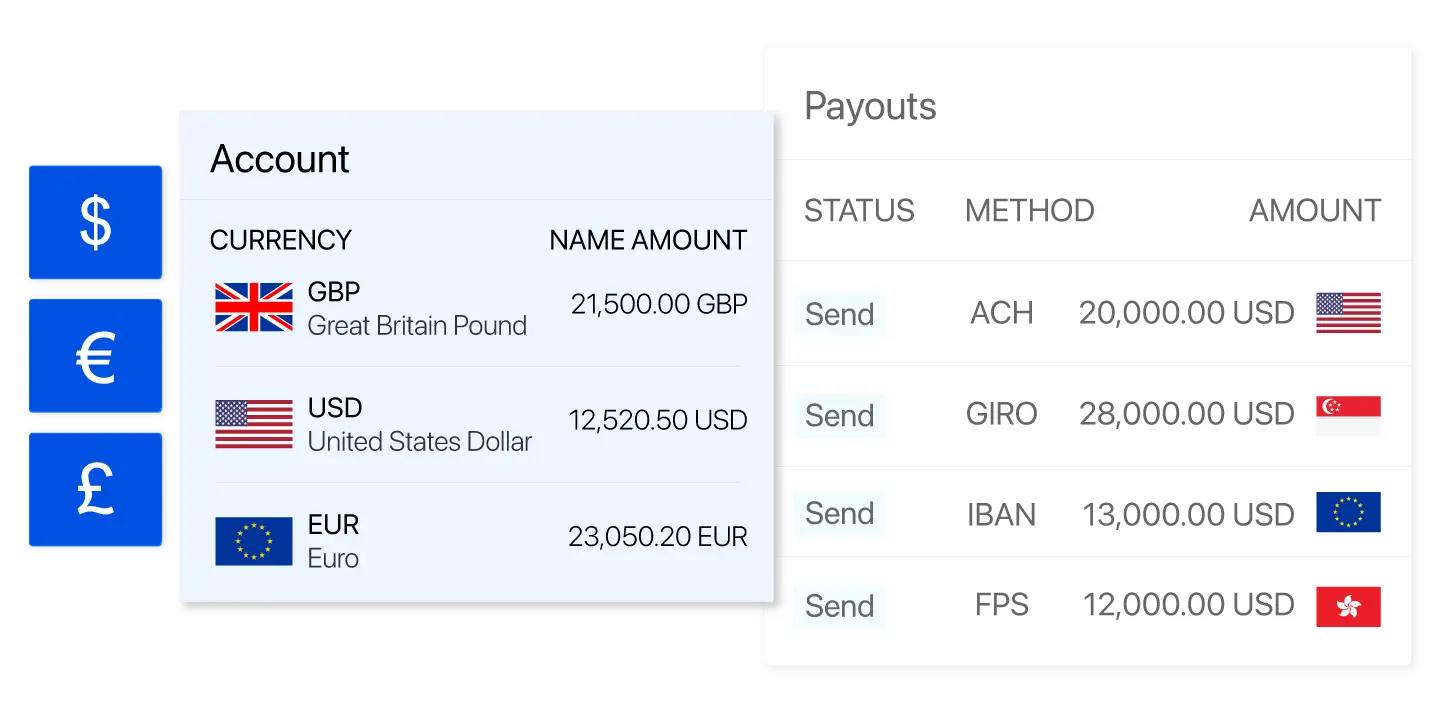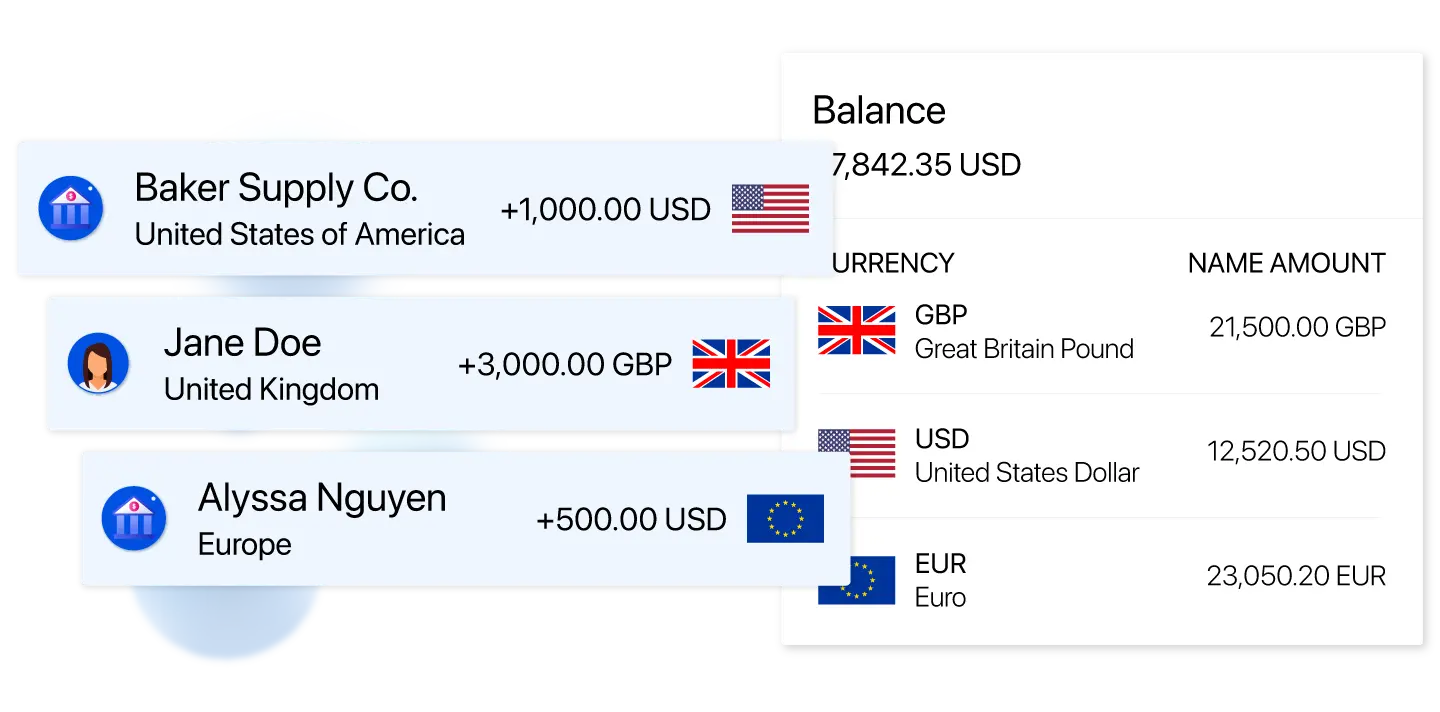Streamline Global Transactions for Your Financial Needs
Connect Businesses and Individuals to Success with Powerful International Money Transfer Solutions
Integrity
Collaboration
Innovation
Customer-Driven
Seamless Global Transfers for Every Purpose
Explore our specialized solutions designed for both personal flexibility and business growth
Business Account
Whether managing global payroll, or facilitating international payments, we provide the essential tools you need to succeed.
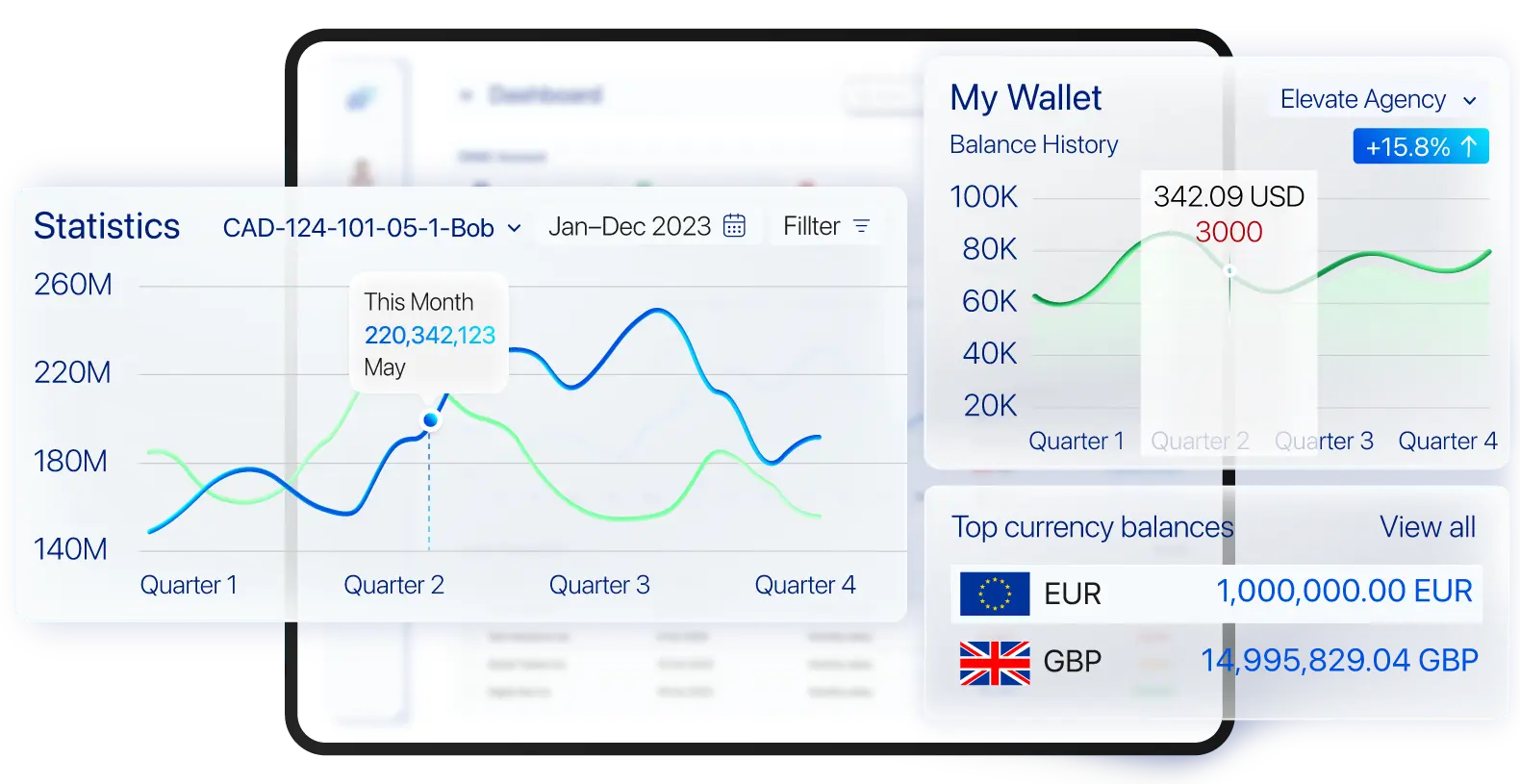
Personal Account
Whether sending financial support to loved ones, or paying for services abroad, it's the perfect choice for the global citizen.
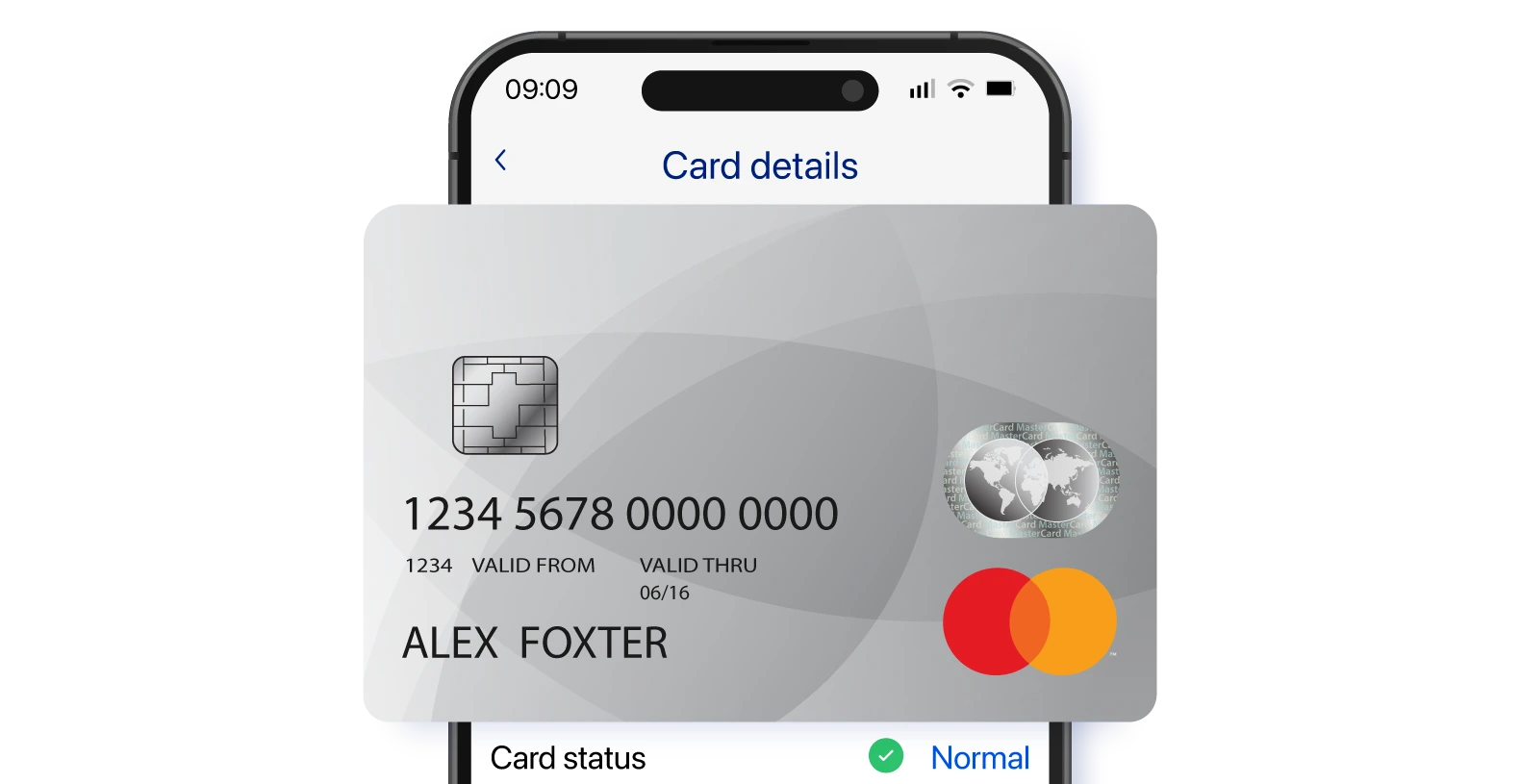
Your Financial Universe on One Platform
Handle global finances effortlessly—pay, manage currencies, and transfer funds for you and your business.
Business Account
Personal Account
Gain a Competitive Edge with DNBC
Break free from hidden fees, slow transfers, and poor support. Unlock
seamless transactions, bigger savings,
and rapid growth.
Your All-in-One Global Business Finance Hub
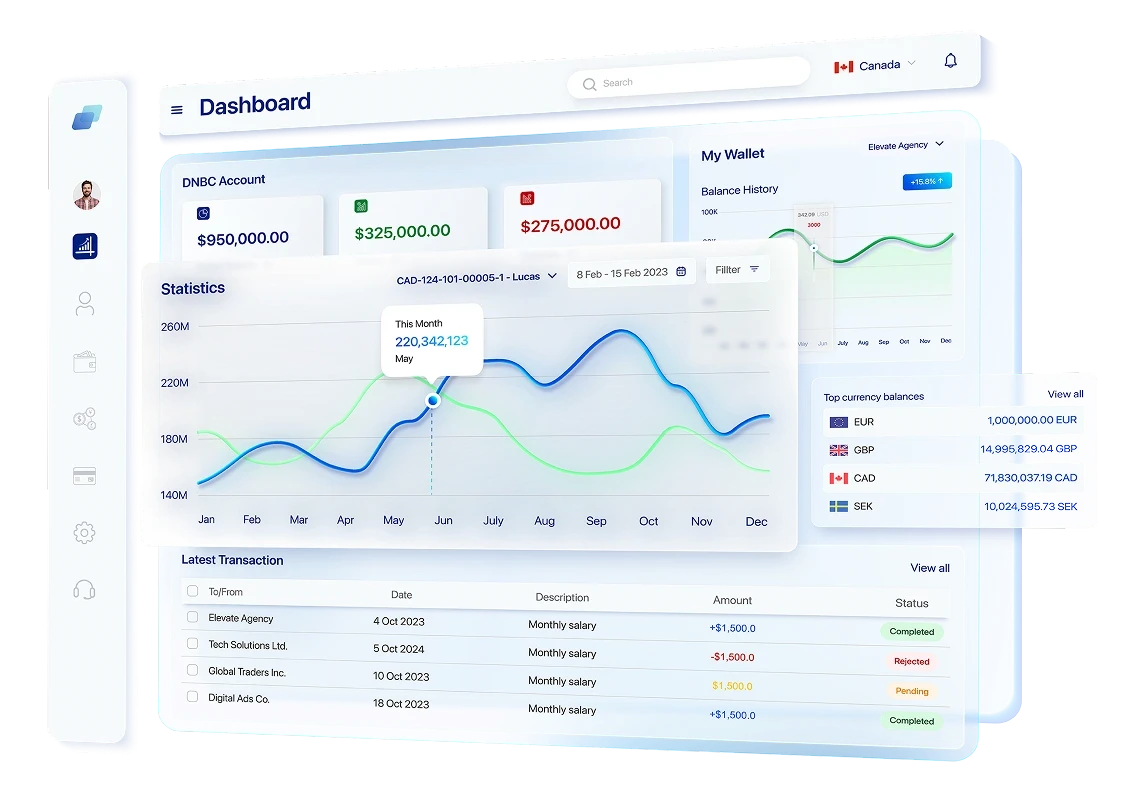
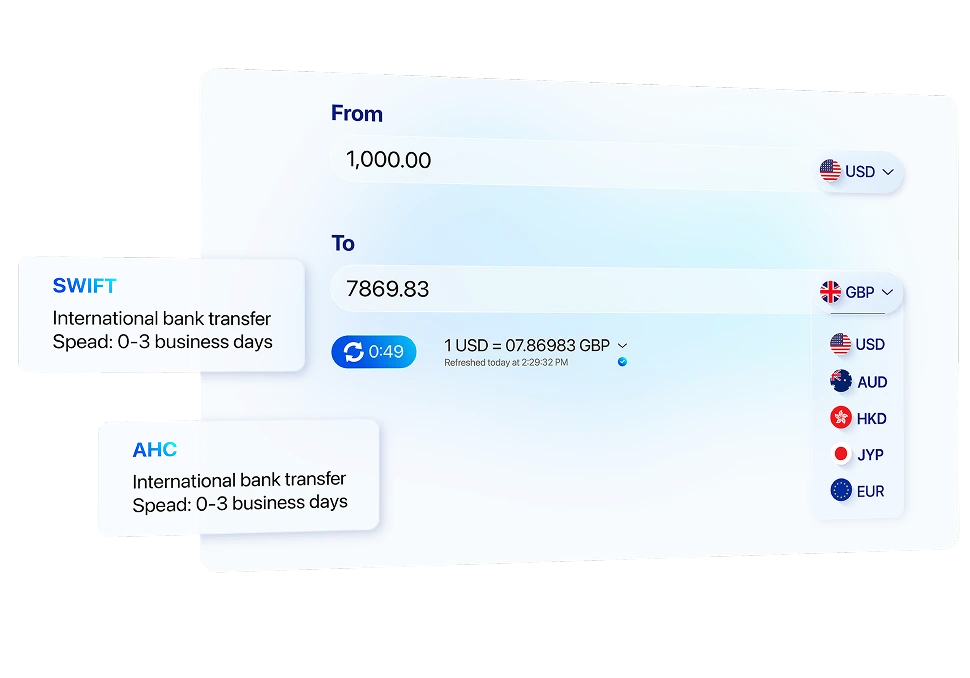
Say Goodbye to Bank Queues or Paperwork
Operate Like a Local Business from Anywhere
Set up local accounts in minutes, accept payments in local currency to avoid conversion fees, manage multi-currency accounts in one platform, convert currencies at favorable rates, and make high-speed transfers around the world in a few clicks.
0+
Currencies Supported
0+
Countries To Make Domestic Transfers
0+
Countries To Make International Transfers
0+
Transfers Arrive Within The Same Day
Ready to Discover Your Ideal Financial Solution?
Schedule a consultation today to explore how we can help you achieve your financial goals.

